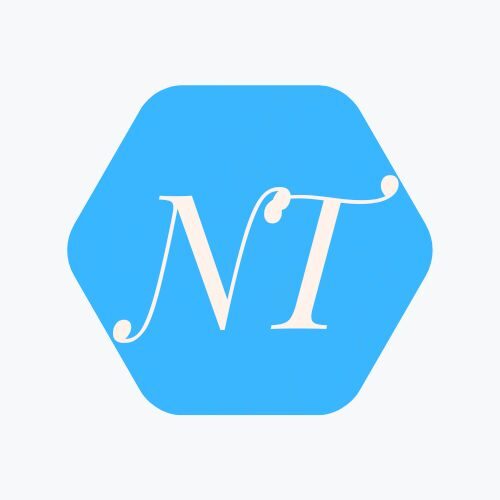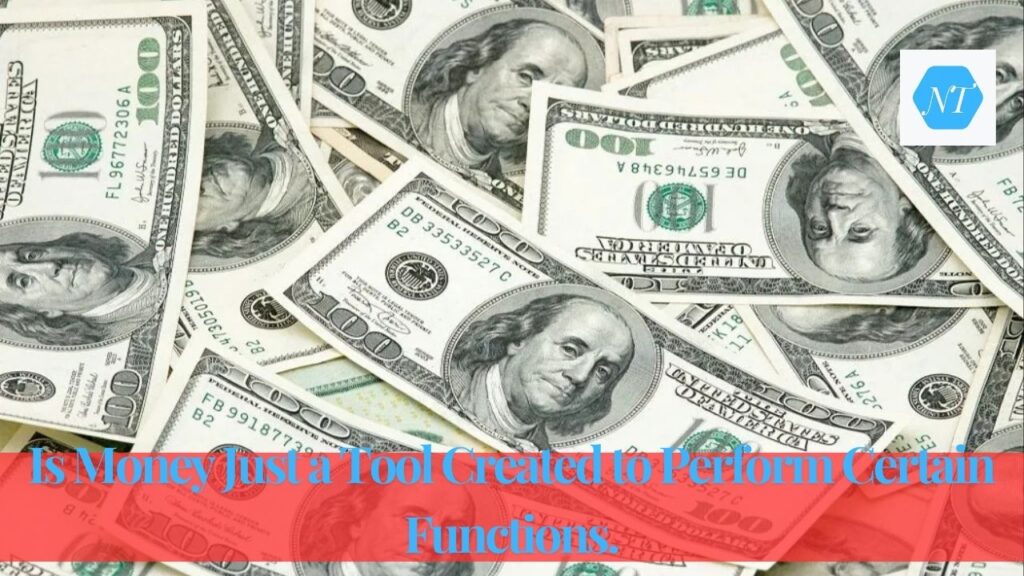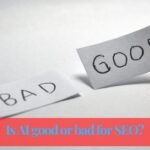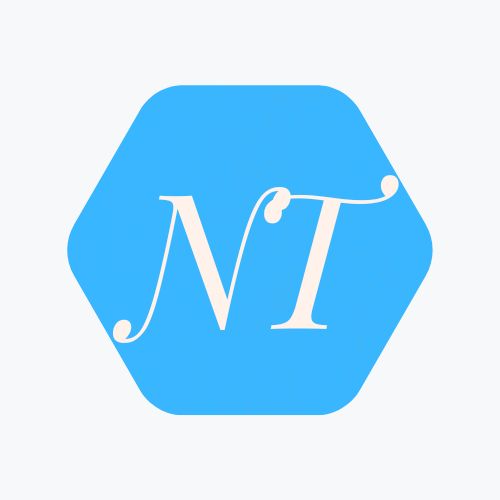Money can be found to serve in ways far bigger than intended. It could be for means to an end as money for people, while money can represent the very purpose for most. Yet again, is it just a tool designed and created for performance, or has money developed into an entity in itself? Understanding money as a tool, rather than the end goal, can reshape our approach to financial well-being and help us prioritize what truly matters.
The principal uses of money
In short, money serves several crucial functions in society. For centuries, economists have categorized these functions as a medium of exchange, a unit of account, and a store of value:
- Medium of Exchange: Money facilitates trade by providing a common currency that everyone accepts. People no longer have to barter or trade goods directly. Instead, they use money to get what they want, making transactions easier and more efficient.
- The unit of account: Money establishes a standard measure of value. This means that the value of goods, services, and assets can be consistently measured so that persons and businesses can make financial planning and budgeting a reality.
- Store of Value: Money retains value over time, allowing people to save and plan for the future. Unlike perishable goods, money can be stored and accessed whenever needed, providing financial security.
This helps elucidate the fact that the purpose of money is not the accumulation itself but rather using it for our own self-actualization purposes, to realize meaningful objectives.
Money is a means, not an end.
The role all these functions play aside, most people treat money as an ultimate goal. Some utterances such as “If only I had more money,” or “I’ll be happy when I am well-off” are a staple, yet this can always lead to endless discontent. The notion of “enough money” is simply subjective. In emphasizing money itself, the fundamental purpose it serves—which often is life goals, experience, and security—is so easily forgotten.
How much money is enough?
The concept of “enough” is highly individualized among people. For example, some may think in terms of having a roof over their heads and minimum basic needs. Others include luxury, travelling, or satisfaction of all their wants involving finances. However, with no priorities set, that kind of target or value on finances becomes unachievable.
Financial expert Morgan Housel once explained how people always want in life “just a little more” money, regardless of having or not having it today. This endless chase explains that without clear financial objectives, we may never settle and always want more for money without knowing exactly what.
The benefit of treating money as a tool.
Viewing money as an instrument and not as the end itself will give a practical outlook on how best to handle it. Below are some of the pros of such an attitude towards money:
- With a money tool used towards achievements, the stress level somewhat diminished, and a greater significance in purposeful actions that have less emotional investment due to the non-captivation of emotions that were usually tied up by monetary desires.
- Clear Financial Goals: We can use money more purposefully with specific financial goals. We are not hoarding money but focusing on the most important goals in life, such as owning a home, retirement, education, or travelling.
- Greater Life Satisfaction: It is found that folks who feel money are a route to fulfilling values, experience, or goals are considerably happier than those thinking that money is an accumulation. This way, the people make resources more meaningful, and use them in a justified manner.
- Money being only a tool: The above consideration has been evaluated to improve financial planning. This practice encourages budgets for saving and allocation toward prioritized goals for a proper and systemic financial roadmap.
Setting Goals Beyond Money
Define financial goals beyond money, so one focuses on values and experiences rather than on the accumulation of wealth. Here’s how to define meaningful goals:
- Start with a list of everything you’d like to achieve: basic, fulfilling, leaving something for your family. From there, group them according to basic needs, personal fulfilment, and legacy building.
- Estimate Costs: For each objective, estimate what it will cost and develop a reasonable time frame in which to accomplish it. Setting realistic objectives and time frames prevents the perpetual “more money” mentality.
- In flexibility, financial plans should accommodate every aspect of life. Your life and goals change continuously; therefore, your changes while maintaining focus on your set core values.
A Practical Example of Money as a Tool
Suppose you suddenly received $100,000,000. Initially, you might want a new house, car, or a luxury vacation to enjoy. However, after fulfilling the initial desires, you begin thinking about things that matter most: your health, relationships, or creative passions. This indicates that after fulfilling the basics, money is more intended to improve the quality of life, and that indeed it is a tool used to achieve specific ends rather than being a source of lasting happiness.
Why Chasing Money Alone Leads to Dissatisfaction
Why Chasing Money Alone Leads show that when basic needs are met, happiness does not necessarily go up with the increase in wealth. People forget their personal relationships, health, and self-fulfilment with money. We must remind ourselves that money alone cannot buy happiness, but how we use the money to fulfil our deepest needs can.
Final Message: Let Money Work for You
We have to think of money as a tool to tap its potential. That view frees us from the never-ending pursuit of wealth and allows us to focus on what fulfils us. Here are a few final thoughts on letting money work for you:
- Prioritize What Matters: Your financial decisions should reflect what is important to you. If family, creativity, or travel are priorities, then your spending and saving habits should reflect that.
- Be flexible: change your financial goals as your life does. Flexibility will ensure that money is always a tool to fund your present aspirations and not become a burden.
- Enjoy the journey: By using money as a tool, you create a balanced, fulfilling life focused on meaningful experiences and personal growth.
Conclusion: Money as A Functional Tool and Not an End in Itself
Money, being put in its simplest way, is just a tool built to do certain things; the actual purpose of having money is to live more securely, achieve dreams and aspirations, and make better things for the world and oneself. This changes a mindset of accumulation to a mindset of spending and wise saving.
Recent More:
Can Neopets Vandagyre Wear Certain Clothes? Complete 2024 Guide for Neopian Fans








